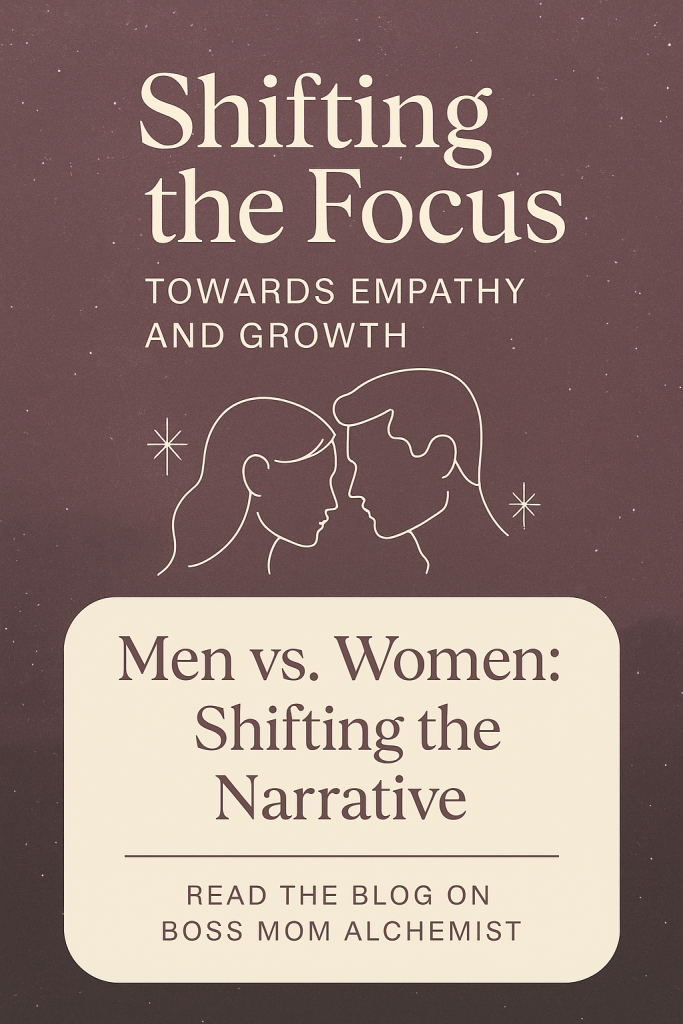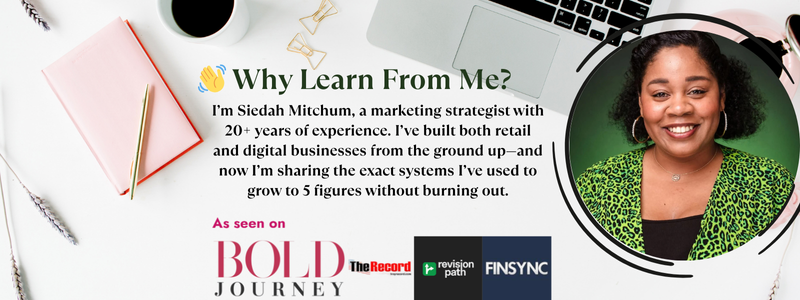
In recent years, TikTok has emerged as a popular platform for sharing short videos, expressing creativity, and connecting with others. However, like any social media platform, TikTok is not immune to controversy and trends that highlight societal divides. One such trend that has gained traction is the “Men vs Women” phenomenon, where individuals upload videos expressing their personal dating preferences or sharing anecdotes about relationships. While these videos can be entertaining, it’s important to reflect on the implications of this trend and consider how we can shift the focus towards empathy, personal growth, and fostering a more inclusive online community.
A Platform for Connection, Not Dating:
TikTok is primarily a platform for entertainment and creativity, not a dating app. The “Men vs Women” trend blurs the line between entertainment and personal preferences, leading to a misunderstanding of the platform’s purpose. It is important to recognize the difference and approach TikTok as a space to engage with diverse content, learn from others, and share experiences rather than treat it as a platform for finding a romantic partner.
Sharing Information to Navigate Dating:
Instead of solely expressing personal dating preferences, we can leverage TikTok as a valuable platform to share information that helps others navigate the complexities of dating and relationships. By using our experiences to educate and empower others, we can foster a supportive and informative community. This can include discussing healthy relationship dynamics, communication skills, understanding consent, and debunking harmful stereotypes. By shifting the narrative from personal preferences to shared knowledge, we contribute to a more positive online environment.
Emphasizing Empathy and Growth:
It is crucial to remember that attacking or shaming individuals based on their dating preferences achieves nothing constructive. Engaging in such behavior only perpetuates negativity and division, hindering personal growth and fostering a toxic online culture. Instead, let’s encourage empathy and understanding. We should aim to promote healthy discussions that broaden perspectives, challenge biases, and encourage personal reflection. By engaging in constructive conversations, we can create an environment where everyone feels heard and valued.
Conclusion:
The “Men vs Women” trend on TikTok may have gained popularity, but it’s important to take a step back and consider its implications. Rather than using the platform as a means to express personal dating preferences, let’s utilize TikTok to share knowledge, foster empathy, and promote personal growth. By encouraging positive and constructive conversations, we can contribute to an online community that thrives on inclusivity, understanding, and mutual respect.
Let’s remember the power of our words and actions as we navigate the ever-evolving landscape of social media.



Leave a Reply